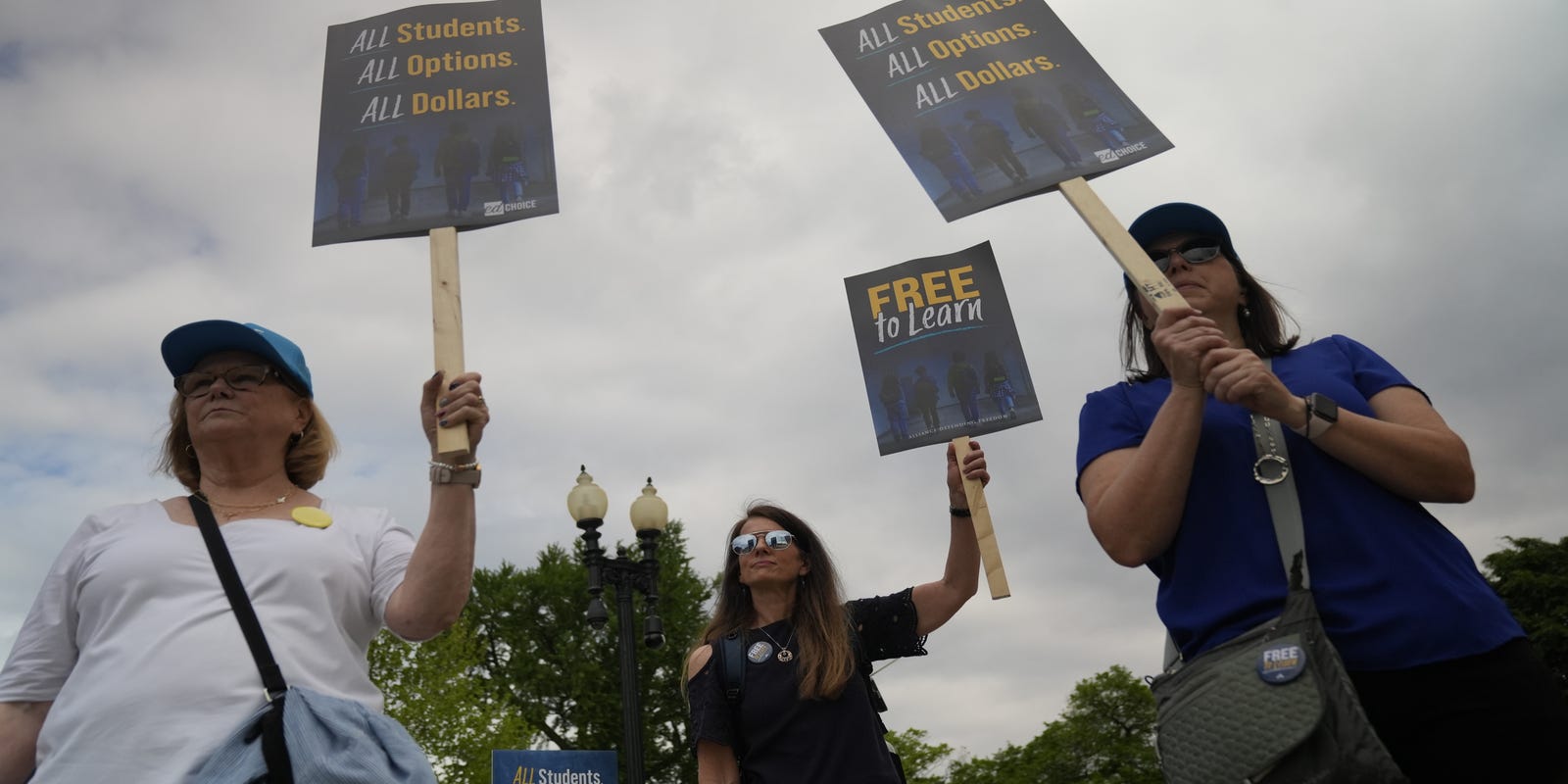Faith, Funding, and Classrooms: Inside the Supreme Court's Charter School Showdown

In a potentially groundbreaking legal development, the Supreme Court's conservative justices appeared sympathetic to a landmark case that could pave the way for the first religiously-affiliated charter school in the United States. During recent oral arguments, the conservative majority signaled strong support for the Catholic Church's bid to establish an innovative educational institution in Oklahoma.
The case represents a significant moment in the ongoing dialogue about religious freedom and public education. If successful, this proposed charter school would challenge existing boundaries between church and state, potentially setting a precedent for faith-based educational institutions to receive public funding.
The justices' line of questioning suggested a willingness to expand religious organizations' rights to participate in public education systems, indicating a potential shift in how constitutional protections for religious expression might be interpreted in the future.
Legal experts are closely watching this case, recognizing that its outcome could have far-reaching implications for religious schools and public education policy across the nation. The decision could fundamentally reshape the relationship between religious institutions and government-funded educational programs.
